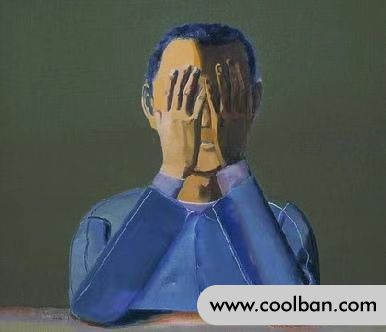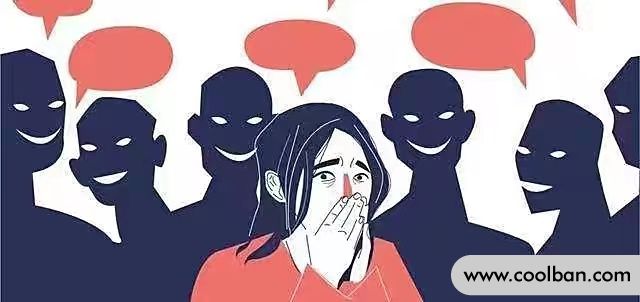7 reasons for social phobia
Have you ever found that you don't like to be in contact with people more and more, you dare not speak in front of many people, and you will blush and bow your head when you speak in front of others? I was afraid that I would say the wrong thing, that I would be laughed at, and finally decided not to talk, not to contact people, and only willing to stay in my own small space. If you have the above symptoms, you may have social phobia, do you know why you are like this? What are the reasons for social phobia?

Reason 1: Physiological reasons
Mr. David Westham, a famous American professor of psychiatry, once said: The onset of social phobia is caused by the imbalance of a chemical substance called "serotonin" in the human body. This substance is responsible for sending messages to nerve cells in the brain. Too much or too little of this substance can cause fear in people
Reason 2: Genetic reasons
Studies have shown that if a first-degree relative has symptoms of social anxiety, the risk of the condition in offspring is 2-3 times higher. This may be the fear caused by inheritance, or the fear or avoidance of the society arises from the parent's education or daily observational learning during childhood. To a certain extent, this "heritability" is not specific, and studies have found that children are more likely to have social phobia if a parent has either type of anxiety disorder or clinical depression. Example: Parents with social phobia tend to be more isolated. And if the parents are shy, then the child may also be shy.

Reason three: family reasons
Suppressed personality since childhood, or parents did not teach them social skills, or family relocation is too frequent. If you grow up in an overly depressing or demanding environment, you are very likely to develop social phobia. Experiments have shown that: the same pair of twins grow up in different families, one of the children who grew up in a repressive family environment has a 30%-50% higher probability of the disease than the other, which is more prone to social anxiety than the average person.
Reason 4: Social reasons
Previous negative social experiences may be triggers for social phobia, especially in individuals with "high interpersonal sensitivity." About half of people diagnosed with social phobia have a traumatic or humiliating event related to the onset and exacerbating factors. In addition to direct social experiences, seeing or hearing about other people's negative experiences can also contribute to social phobia. It can be due to misfits in social activities, being bullied on a regular basis, being rejected, and the long-term effects of being ignored. The social environment in which they live is relatively bad, and they suffer many setbacks when interacting with others, and they are also prone to social phobia.

Reason five: psychological reasons
People with social phobia generally have high self-esteem, a fear of being rejected by others, or a lack of confidence in their appearance. Experiments show that people's negative beliefs can make people more prone to social phobia. Negative thoughts such as "I'm ugly, I'm stupid" and "If I show myself I'll be rejected" increase fear. And the degree of concern for one's own behavior, as well as other people's opinions or negative evaluations, will also have a negative impact, resulting in fear.
Reason six: way of thinking
Personality is actually an external manifestation of people's own way of thinking, and an incorrect way of thinking creates social phobia. For example, the excessive self-reflection brought by excessive perfectionists after being hit, every social phobia should have a full understanding of "self".
Reason seven: character reasons
Introverted people are more afraid of problems in doing things, and they are afraid of interacting with people, and they are worried that when interacting with people, others will see some of their shortcomings, which will lead to avoiding society and escaping reality. Introverts are more reluctant to interact with people than extroverts and suffer from social anxiety.
